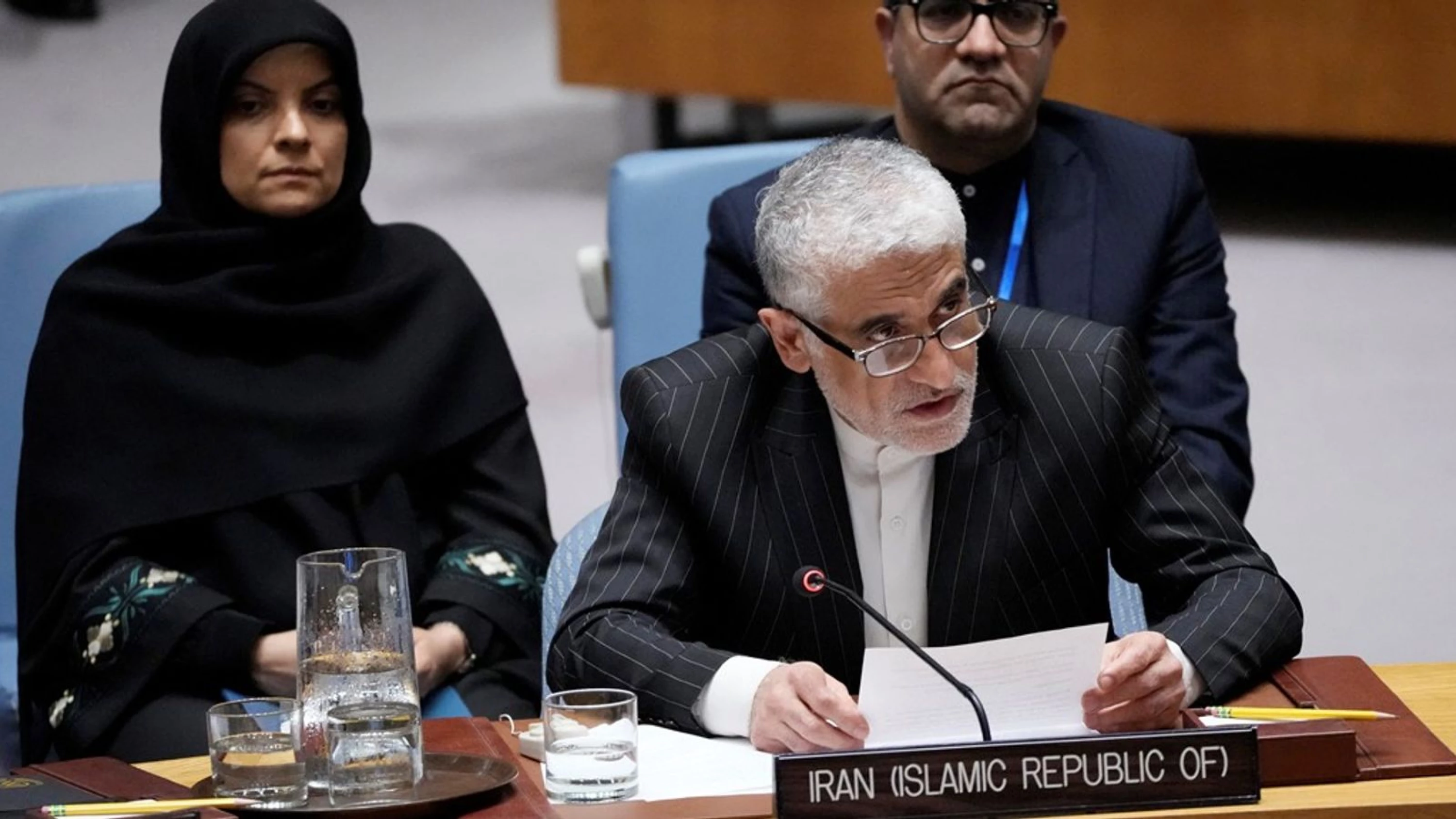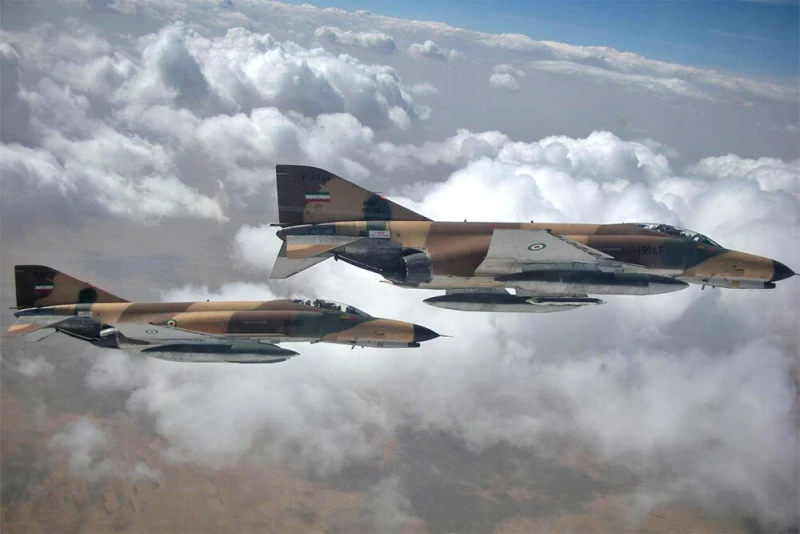ERBIL, Kurdistan Region of Iraq - Iran’s permanent representative to the UN accused the United States and Israel on Friday of being “fully and jointly responsible” for the pair's June attacks across Iran, calling for full compensation after US President Donald Trump claimed he played a commanding role in the Israeli offensive.
Trump told reporters on Thursday that he was “very much in charge” of the June offensive, which saw extensive Israeli aerial bombardment targeting Tehran’s top military officials, nuclear enrichment facilities, and key economic infrastructure being followed by US strikes on Iranian nuclear facilities.
The US president described the offensive as powerful and saying Tehran has requested the lifting of heavy US sanctions, which he is open to discussing.
His remarks provoked widespread criticism from Iran.
“These statements are clear and undeniable evidence of the direct participation, leadership, and responsibility of the United States command in planning, directing, and facilitating the illegal military aggression of the Zionist regime,” Iran’s permanent representative to the UN, Amir Saeed Iravani, said in a letter to the UN Secretary-General and the President of the Security Council the state-owned IRNA news agency reported.
Iravani added that Trump's comments reaffirm Iran’s right to pursue all international legal channels to demand “full compensation for damages.”
He emphasized that compensation should cover the killing of civilians, the widespread destruction of property and infrastructure, and the deliberate targeting of peaceful nuclear facilities under Iranian safeguards.
“The United States and the Zionist regime [Israel] are fully and jointly responsible for their aggression and the consequences,” he said, adding that “this criminal confession” is an undeniable proof of their “international responsibility.”
The Israeli strikes on Iran and subsequent US involvement came amid ongoing negotiations between Tehran and Washington to reach an understanding regarding Iran’s nuclear enrichment program. The talks fell through following Israel’s attack.
The United Nations in September formally reimposed a global arms embargo and other sanctions on Iran through the “snapback” mechanism of the 2015 nuclear deal, formally known as the Joint Comprehensive Plan of Action (JCPOA).
Trump has adopted increasingly tougher policies against Iran since returning to office. In February, he signed a national security presidential memorandum, restoring his maximum pressure policy on Iran and detailing a series of new economic measures targeting Tehran.
Iran has staunchly criticized the measures, complaining that they embody Western hypocrisy given that Israel, despite being widely-known for possessing a nuclear arsenal, faces no such criticism.



 Facebook
Facebook
 LinkedIn
LinkedIn
 Telegram
Telegram
 X
X


